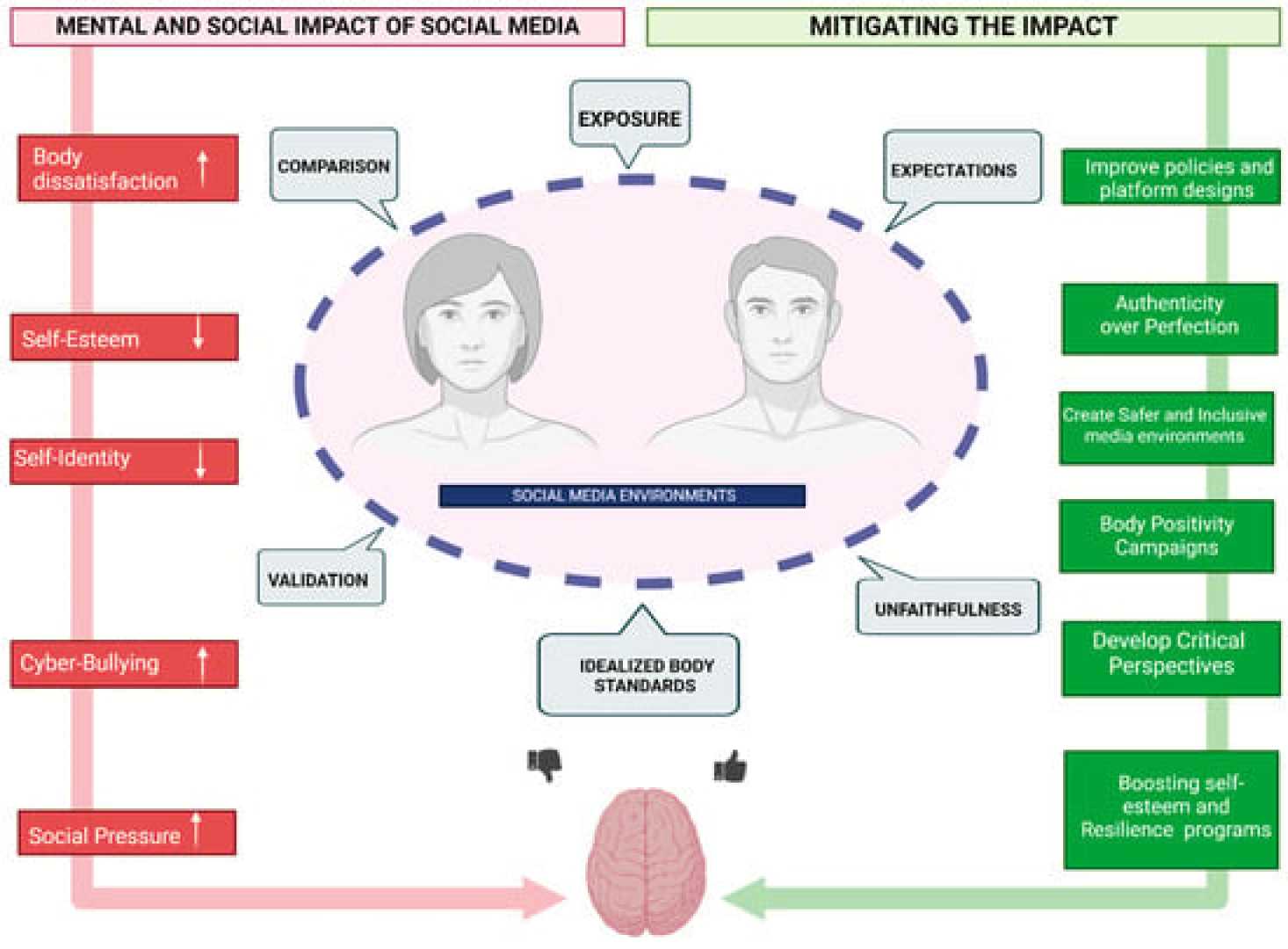Entertainment
Exploring the Impact of Media Scrutiny on Women’s Body Image

A new film depicting the extreme lengths an aging actress goes to maintain youthful appearance has ignited discussions about the pressures women face regarding body image. The film in question features Elisabeth, a character who struggles with self-perception, played by an unnamed actress. The plot, centered around a Faustian bargain for eternal youth, taps into profound themes of societal scrutiny and personal worth.
Emily Atack, a comedian and actress, recently shared insights into the lasting impact of media attention on her perception of self during an interview with an unnamed publication. Atack expressed confusion over the conflicting portrayals of her body, recounting how media alternated between criticizing and sexualizing her appearance. “The word I always land on is ‘confused’,” she reflected.
Her experiences are reminiscent of the struggles portrayed in the film. Atack’s career ascent was marked by contradictory narratives—praising her as a sex symbol while simultaneously deriding her physicality. Even her move to break into Hollywood highlighted the industry’s harsh expectations, with an executive advising her to slim down to be considered for roles.
The narrative expands beyond Atack, touching on Dame Joan Bakewell, a prominent broadcaster. Despite her career in television, Bakewell was labeled the “thinking man’s crumpet” in the 1960s. The moniker reduced her contributions to her appearance, overshadowing her intellectual accomplishments. “It didn’t make me feel that what I cared about mattered,” she remarked, reflecting on the era’s focus on looks over substance.
The accounts of Atack and Bakewell indicate a persistent cultural issue where women in media and entertainment are frequently appraised on appearance rather than merit. This critique, deeply rooted and enduring, highlights the need for continued dialogue on gender representation and the systemic issues perpetuating these experiences. “Misogyny isn’t going anywhere,” Atack asserts, summarizing the prevailing sentiment shared by women facing public scrutiny.












